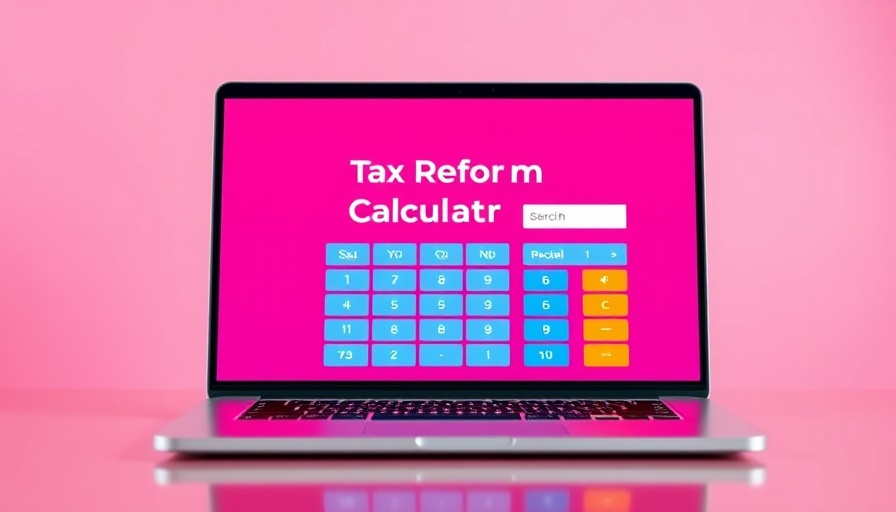
Understanding the Housing Dilemma: Renting vs. Owning
In today's shifting economic landscape, the debate over whether to rent or to own a home has become increasingly complex. It’s not just a simple question of cash flow but involves evaluating long-term financial stability, lifestyle preferences, and market dynamics. The decision impacts families, individuals, and even local economies, as housing plays a crucial role in personal finances and community development.
Financial Implications of Renting and Owning
Owning a home is often viewed as a key milestone in achieving financial stability and wealth. Property ownership typically builds equity over time, making it an investment that can yield returns far above the initial cost. However, the costs associated with home ownership—mortgages, property taxes, maintenance, and repairs—can place a strain on budgets, particularly when market conditions fluctuate.
On the other hand, renting offers flexibility and lower upfront costs, which can be advantageous for those who may not have substantial savings for a down payment. However, with rental prices on the rise and no equity building, many renters find themselves stuck in a cycle where their monthly payments simply support their landlord's investment.
Market Trends: What's Influencing Your Decision?
The housing market is influenced by various factors including interest rates, employment trends, and the economic climate. As interest rates remain unstable, potential homebuyers must carefully analyze their options. When rates are low, there’s a strong incentive to buy, but it's essential to consider if they can sustain payments if rates rise again shortly.
Furthermore, the increase in remote work has altered housing demands, with many choosing to relocate to suburban or rural areas, which may offer more affordable options for both renting and buying compared to urban centers.
The Emotional Aspect of Home
The emotional implications tied to home ownership can greatly influence decisions. A rental home might often feel temporary and not evoke the same sense of stability and belonging as a house that one owns. This emotional aspect is especially pronounced for families seeking to establish roots in a community. Renting can sometimes feel like a transient phase, while ownership represents permanence and security.
What’s Best for You? Essential Questions to Consider
When faced with the dilemma of renting versus owning, consider the following crucial questions:
- How long do you plan to stay in one place? If it’s less than five years, renting may be the smarter option.
- Can you manage the additional costs of owning a home? Factor in maintenance, taxes, and insurance.
- What does your financial situation look like? Evaluate your credit score, debts, and savings.
Seeking Financial Freedom: Making Informed Choices
Ultimately, the choice between renting and owning hinges on personal circumstances and future aspirations. Those on a path to financial freedom must consider every piece of information at their disposal. Engaging with financial experts, exploring local market trends, and reflecting on personal goals can help one make an informed decision that aligns with their lifestyle.
Final Thoughts on Housing Matters
In conclusion, whether you decide to rent or own, ensure that your choice reflects a balance between financial responsibilities and personal dreams. Evaluate your current living situation, consider the benefits and challenges of both options, and remember that housing decisions should facilitate your journey toward stability and prosperity.
 Add Row
Add Row  Add
Add 




Write A Comment